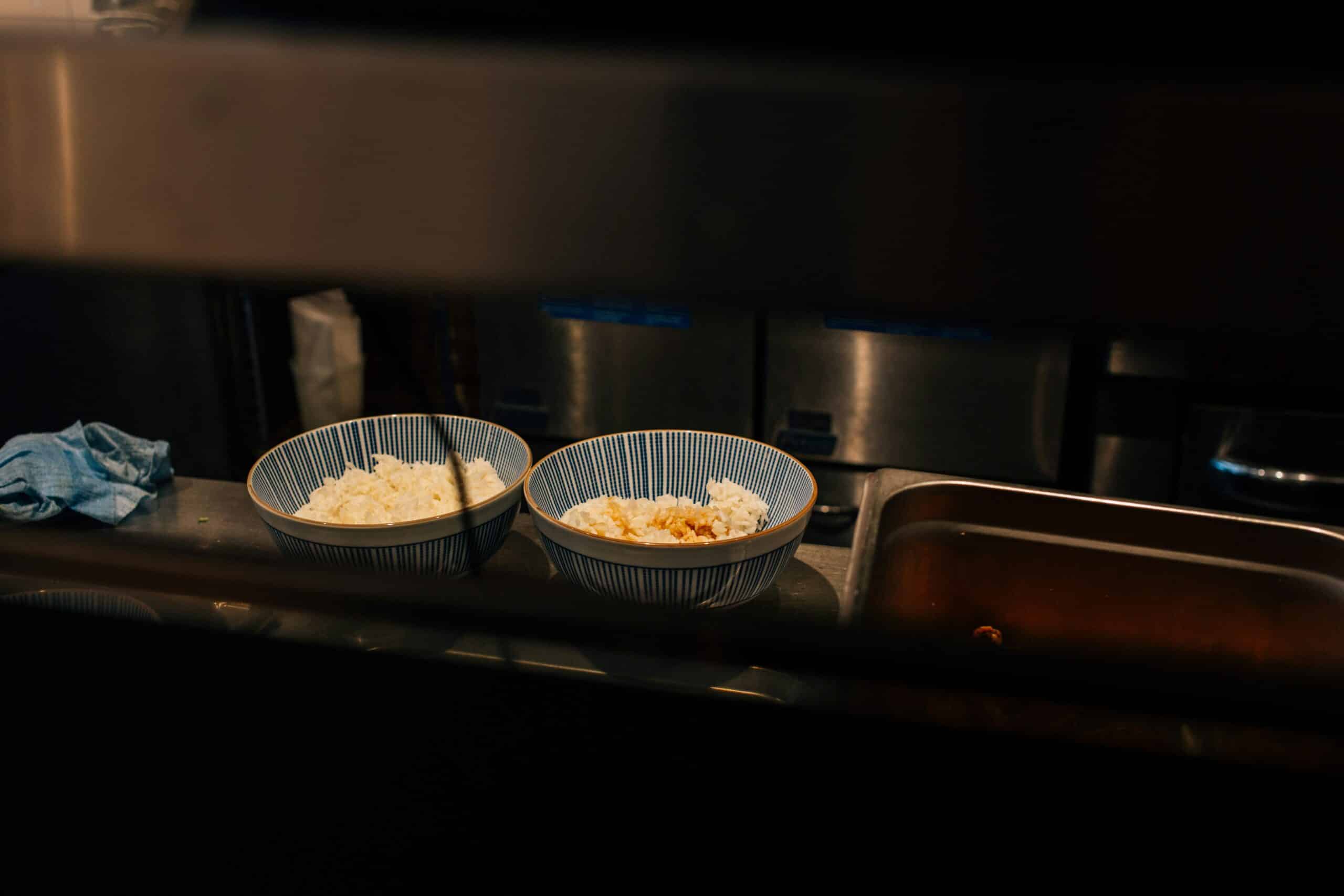It’s a question I get asked regularly by both old and new friends. The answer is easy, although not what most people expect: that I miss the speed and efficiency with which things get accomplished, the clean public toilets, the disciplined drivers, the sheer abundance of everything, the overwhelming choices, etc.
Sure, these are things worth missing, but they’re not quite so relevant when one is retired. I also have to say that in the six years that we’ve been here, remarkable improvements have been made both to infrastructure and services. There are fewer and fewer things to miss.
So what I miss most has little to do with infrastructure or services. The thing I miss the most, and whose absence manifests itself as a simmering discontent in an otherwise placid existence, is the diversity of the American population, particularly in the part of the USA where I lived, the West Coast. It was an absence that I finally identified around a year after my return, much like a recurring itch that’s finally scratched.
I was e-mailing one of my closest friends when we lived in Seattle; she retired in Australia at about the time I retired here. She is Irish, arrived in the USA at about the same time as I did, married a man born in Poland but reared in Australia.
We were writing about another friend who migrated to the States from France, as well as our former bosses who were Australian. Which got me thinking about the company for whom I worked for 17 years.
My American secretary, who was married to a Mexican, was retiring, and in her place I hired a stunning Sophia Loren look-alike from Guam. I had two assistants, one from Viet nam and the other from Lichtenstein, the latter having replaced a previous assistant who was German, married to an East Indian.
One department manager was a Jewish girl from the Bronx (a unique culture unto itself), married to a Salvadorian. Another department was managed by a Sri Lankan, still another by a Hong Konger (his preferred designation).
The chief accountant was a Manila-bred Filipino who insisted that his wife was foreign as she was from Ilocos. Interspersed amid this bubbling stew of cultures were African-Americans (they were called blacks then), and the rest of the American hyphenates, from Iran, England, India, Ethiopia, as well as a couple of Nordic blondes.
Basic non-hyphenates
Then there were the basic American non-hyphenates. All this was interspersed by yet another layer: Catholics, Lutherans, Methodists, Jews, Buddhists, Hindus, Muslims (two different sects) and an atheist.
A further subgroup of Democrats, Republicans, Libertarians and Independents, with liberal and conservative permutations within each group. A subgroup of homosexuals and lesbians, and finally, ages ranging from 19 to 62. And this was just at the office.
So what does this do to the mind? Breaks it wide open, that’s what. Not to mention the wonderful things it does to your palate. It becomes impossible to close your mind to the world—it comes to you, envelopes you like a creeping fog, whether you like it or not. No conscious decisions are made about this. Working and living within this milieu presents not just exposure, but involvement and immersion.
Almost subconsciously, you start a conversation by taking your mind off neutral. This exposure makes you interested in the news, in world and local events. Since most of these people (including me) left their home countries directly or indirectly because of politics and/or religion, these two otherwise taboo subjects were the most popular topics, but with no polemics.
Conversations were as spicy and complex as the weekly potluck lunches. These relationships provided that the most important ingredient in information: context. What became obvious was that after some time in this environment, we were not the same as when we started—and in a good way. No one knows how or when it happens, it just does.
Will we ever have this kind of diversity within our local population? Probably not. But it may happen in reverse as more and more Filipinos go abroad to work, and are exposed to the wider world of different religions and different points of view. The question is whether they will open their minds to it, engage it with curiosity, and appreciate its gifts. They may not even have to make this decision—it could just happen, whether they know it or not.












































